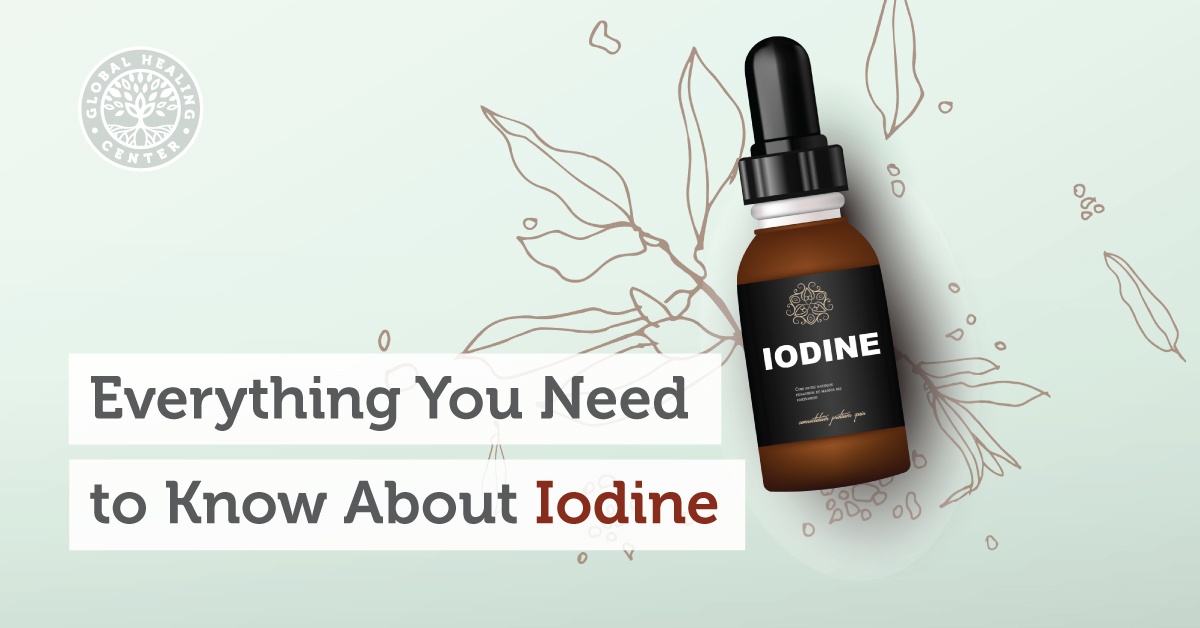

David Brownstein MD believes this form of testing is unreliable, and along with co-investigators into the high-dose iodine protocol, he developed an iodine loading test that involves measuring the iodine excreted in the urine over 24 hours. Some practitioners offer urine tests to test for iodine levels. This is not an easy thing to do, and in my own case I had to rely on detective work, taking all the symptoms I had into consideration and doing some skin patch tests, which are generally seen as unreliable. Ideally, you should try to establish whether you really do have an iodine deficiency. Find out if you have an iodine deficiency I recommend joining the Iodine Support Group – Lugol’s Iodine, and the Iodine Workshop.

Although you may occasionally get advice that doesn’t work for you, you will also get a lot of great advice and you’ll be able to learn from the experiences of others who have been through this treatment.

Having said this, I DO recommend that you join an online forum if you’re embarking on this protocol. I halved the dosage of iodine on advice from an online forum, but instead of improving my symptoms, it set me back considerably.

And even then I faltered at one stage because it was taking longer than I had expected to get results. I didn’t find an iodine-literate practitioner to consult, but I did a lot of background reading before I started taking high-dose iodine. This procedure can take a bit of trial and error, as there are so many different types of iodine deficiency problems. If you can’t find an iodine-literate practitioner, be sure to read up on the subject before you start, as if you go about it the wrong way, it probably won’t work for you. However her website says she is currently not accepting new patient consultations due to her heavy workload. At the time of writing, I know of only one iodine-literate UK practitioner: Dr Sarah Myhill, who is based in Wales. There are no UK practitioners on the list. The website Breast Cancer Choices has a list of practitioners that meet their criteria of being “iodine-literate”. Most conventionally-trained doctors are not aware of the high-dose iodine protocol. Although iodine has been used since the early 1800s to treat a whole range of medical conditions, the high dose iodine protocol was developed just a couple of decades ago and is not widely known or understood.įirst of all, it’s essential that you do some background reading BEFORE you embark on this treatment, and/or consult an iodine-literate practitioner. However this is a complex and controversial procedure. Many people have reported success following the high-dose iodine protocol to treat thyroid problems, and also to treat other conditions, including breast lumps, prostrate problems, irregular heartbeat and even allergies. To watch my video version of this post, on YouTube, click here.


 0 kommentar(er)
0 kommentar(er)
